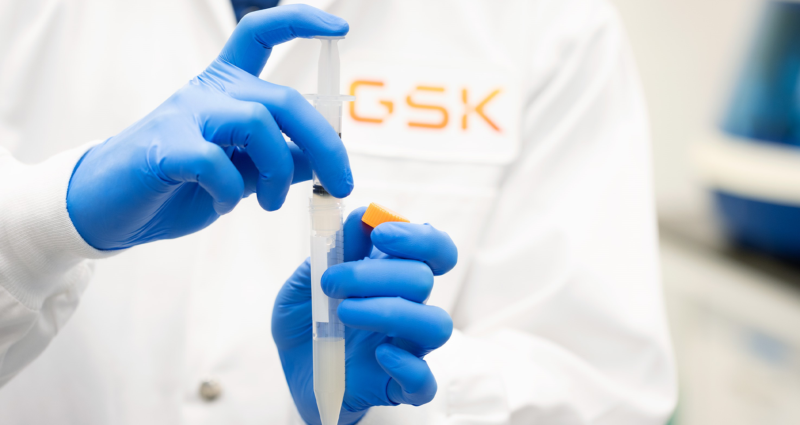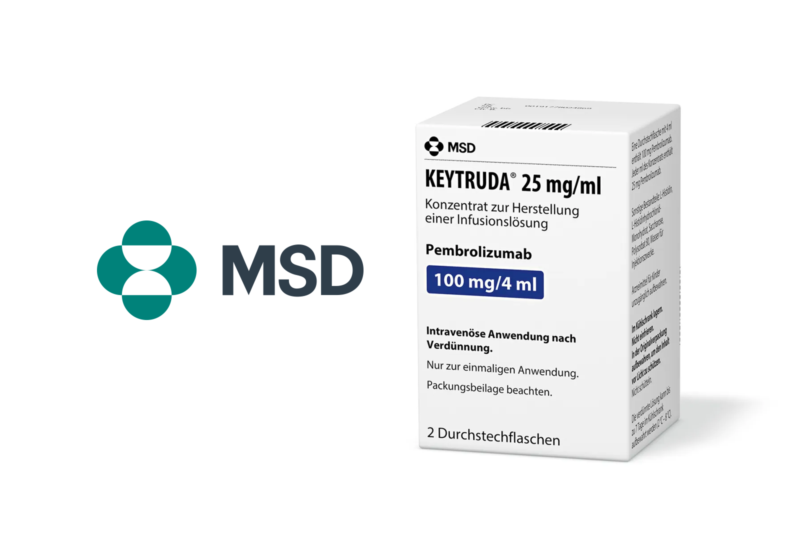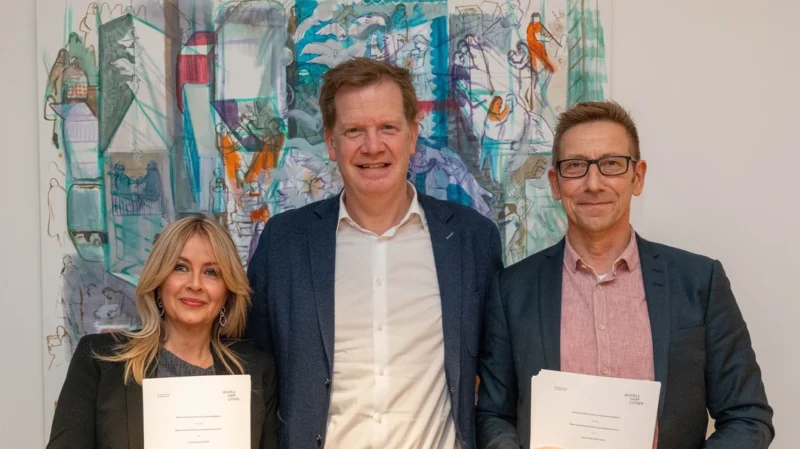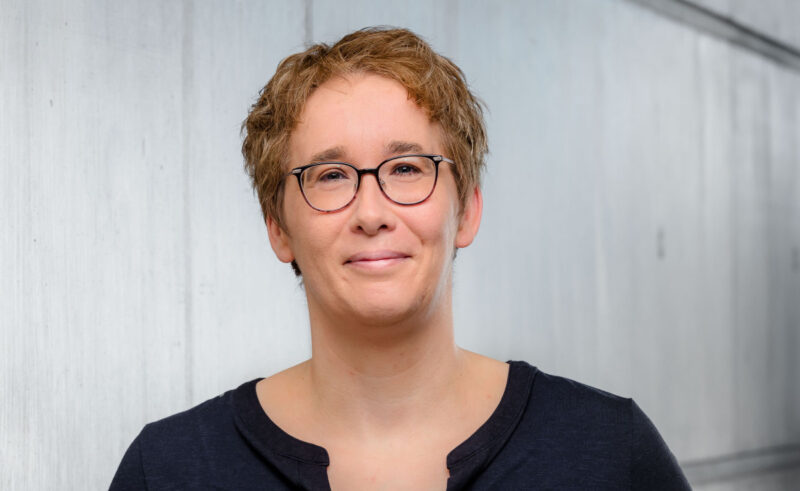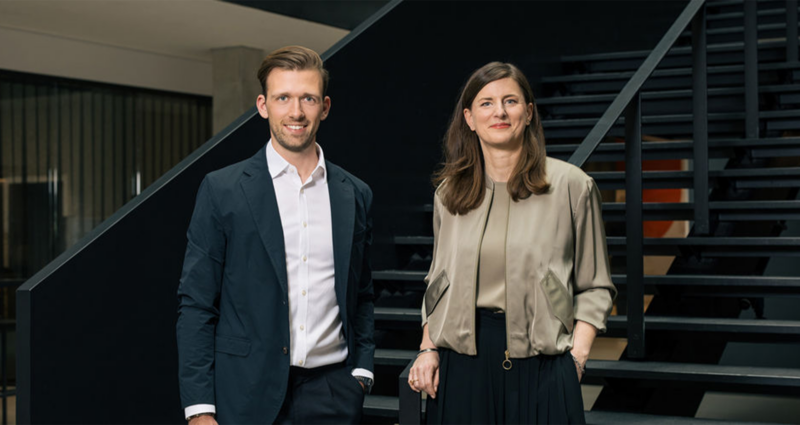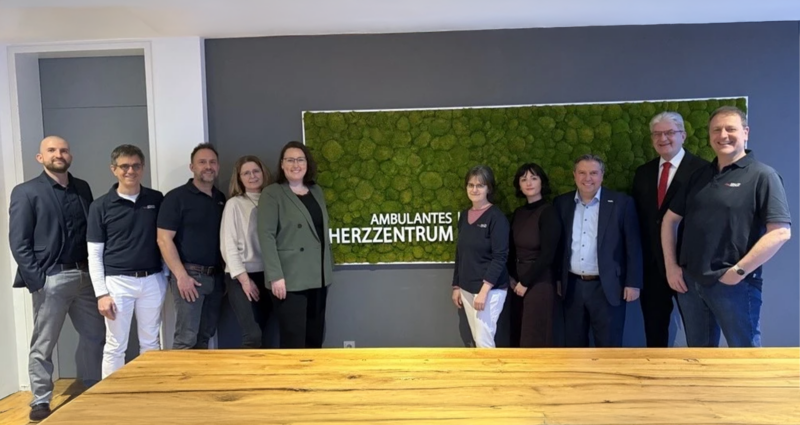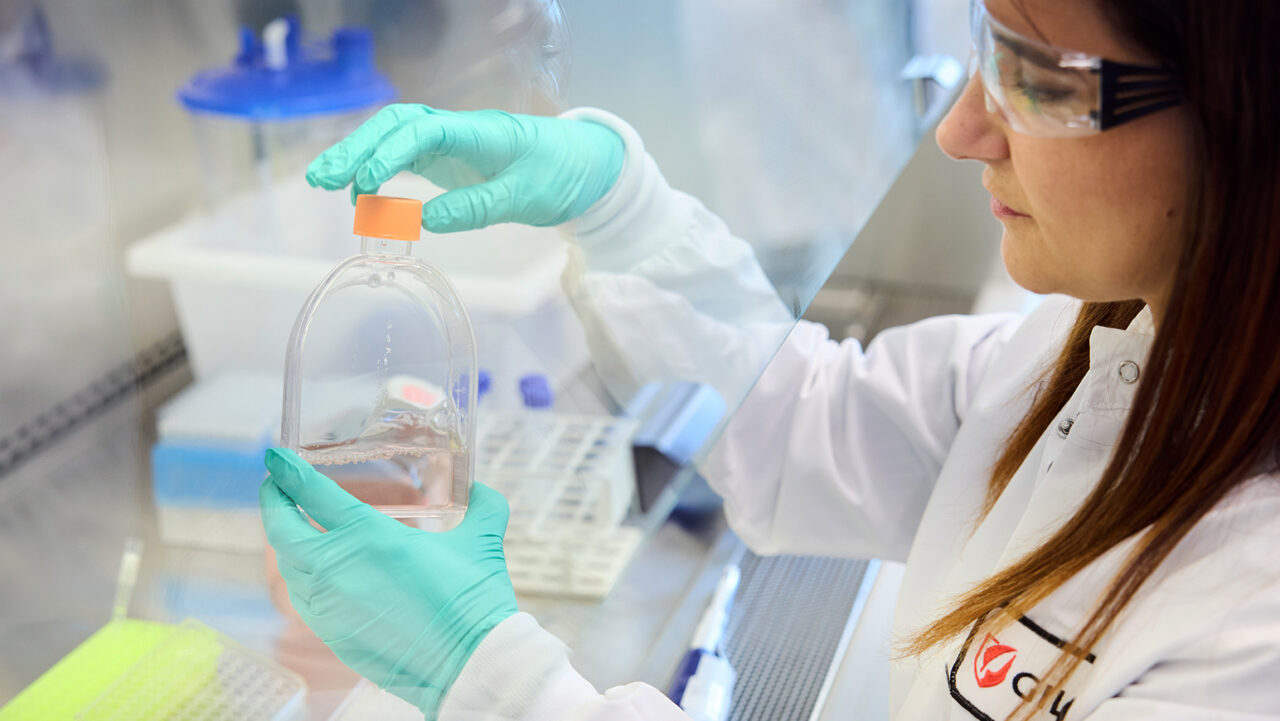
Thursday, July 10, 2025
Gilead and the Global Fund Partner to Provide Lenacapavir for HIV Prevention to Up to Two Million People in Resource-Limited Countries
Gilead Sciences and the Global Fund have joined forces to significantly expand access to lenacapavir, a twice-yearly injection for HIV prevention. Through a newly established strategic partnership, Gilead will supply the drug to up to two million people in low- and lower-middle-income countries – at no profit.
Lenacapavir, a groundbreaking long-acting HIV-1 capsid inhibitor, will be made available in Global Fund-supported countries with the goal of reducing new HIV infections through a simplified PrEP approach requiring just two injections per year.
“Our shared goal is to reach as many people as possible, as quickly as possible,” said Daniel O’Day, CEO of Gilead. “We are providing this breakthrough medicine at no profit and in quantities sufficient to reach millions of people before generics are available.”
The agreement builds on Gilead’s voluntary licensing program, launched in October 2024, which enables generic manufacturers to produce lenacapavir for 120 high-incidence, resource-limited countries. Until generics are ready to meet demand, Gilead will bridge the gap with its own supply.
Peter Sands, Executive Director of the Global Fund, emphasized, “This isn’t just a scientific advance – it’s a turning point in the fight against HIV. But we must act now to ensure the people who need it most get access.”
Gilead is also collaborating with global aid organizations to understand demand, build distribution channels, and accelerate regulatory approvals. A submission to the EMA under the EU-M4all procedure is already underway to speed up access in low-income regions.
In middle-income countries not covered by the agreement – such as parts of Latin America – Gilead is pursuing alternative access strategies, including tiered pricing and public-private partnerships, to expand availability.
With this initiative, Gilead reinforces its message: HIV prevention must be globally equitable, reaching all people, regardless of income or geography.
